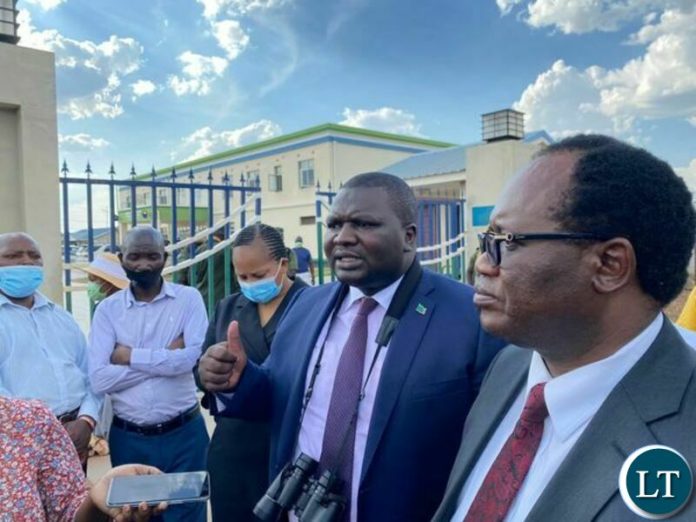
Moonga Insists Patriotic Front Remains a Political Force
Professor Xavery Moonga, a senior member of the Patriotic Front (PF), has rejected claims that the party is finished in Zambian politics, insisting that despite internal disputes and the challenges of being in opposition, the PF still commands wide support across the country.
In remarks delivered to party supporters, Moonga said predictions of the PF’s collapse were misplaced. He argued that the party, which governed Zambia until 2021, continues to have strong grassroots structures that cannot be dismantled by political setbacks. “Our presence in communities remains visible. The people of Zambia know who we are and what we stand for,” he said.
Since losing power to the United Party for National Development (UPND), the PF has faced difficulties that include leadership disputes, legal challenges, and financial pressures. Critics have suggested that these problems have eroded the party’s influence, leaving it unable to mount an effective challenge to the ruling party.
Moonga dismissed these views as premature. “Every political party faces storms, and we are no exception. What matters is the ability to recover and reorganise. The PF is not dead. We are alive and preparing to serve the people again,” he said.
He maintained that the party’s support base, particularly in Copperbelt and Lusaka provinces, remains strong. According to him, discontent over load shedding, rising food prices, and unemployment has left many Zambians disillusioned with the current government, which could drive them back towards the PF.
One of the recurring issues for the PF has been internal division. The party has struggled to present a unified leadership since leaving power, with various factions promoting different figures as potential leaders ahead of the 2026 elections. Moonga acknowledged the disputes but downplayed their significance.
“Disagreements happen in all political organisations. They should not be mistaken for collapse. We are a large party with diverse views, but we are bound by the same vision of service to the Zambian people. Our focus is to resolve these issues internally while continuing to represent the voices of our supporters,” he said.
Analysts say this will be a key test for the PF. While its grassroots base remains visible, prolonged leadership wrangles could weaken its ability to challenge the UPND. At the same time, the party has maintained a narrative that it is being unfairly targeted by the ruling government through selective prosecutions of former officials on corruption charges, a claim echoed by some opposition allies.
The 2026 general elections are already shaping up to be contested fiercely. While the UPND highlights its record in stabilising the economy and securing debt restructuring agreements, the opposition has pointed to ongoing enAergy shortages and a high cost of living as evidence that the government is failing ordinary citizens.
Moonga said Zambians would make their own comparisons. “The people remember what life was like under PF. They can see what it is like today. When the time comes, they will judge for themselves which government served them better,” he said.
He added that the party would soon step up its mobilisation and outreach programmes. “We are reorganising our structures and preparing to offer solutions to the challenges facing this country. Our message will be clear, and the people will respond.”
PF faces both opportunities and obstacles. Its brand remains strong in certain regions, but regaining national appeal will require it to overcome factional divisions and broaden its policy agenda beyond criticism of the government. Some analysts say the party could benefit if opposition parties decide to rally around a single candidate, but others argue the PF will insist on leading any alliance given its size.
For ordinary Zambians, the key question may not be whether the PF survives but whether it can present credible policies and leadership alternatives. While Moonga’s assurances of resilience reflect determination, the party’s ability to regain power will depend on whether it can convince the electorate that it has renewed itself since its 2021 defeat.
For now, Moonga is clear: “The PF is not dead. It remains a central part of Zambia’s political future.”A

